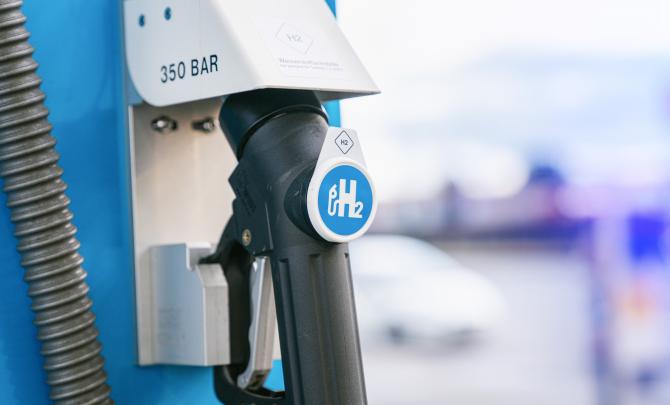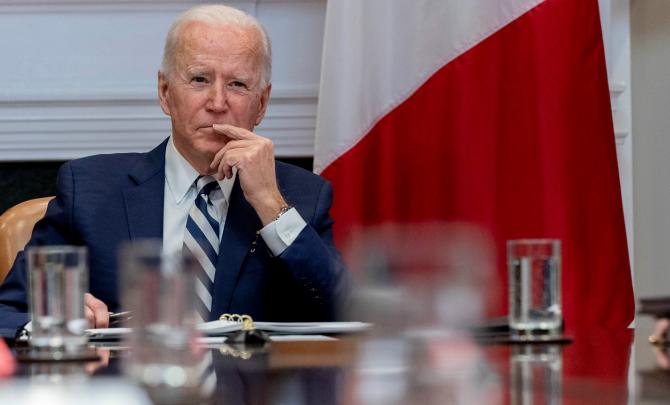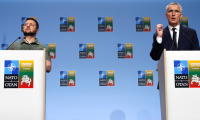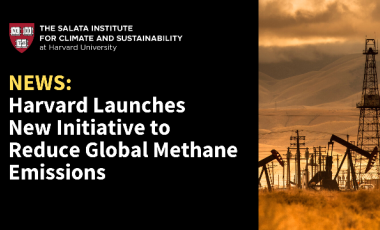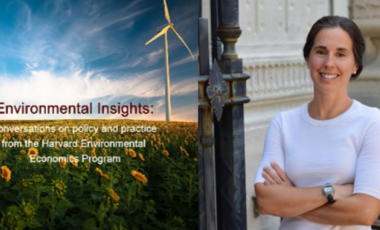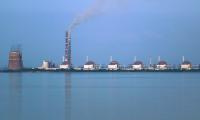The overarching question imparting urgency to this exploration is: Can U.S.-Russian contention in cyberspace cause the two nuclear superpowers to stumble into war? In considering this question we were constantly reminded of recent comments by a prominent U.S. arms control expert: At least as dangerous as the risk of an actual cyberattack, he observed, is cyber operations’ “blurring of the line between peace and war.” Or, as Nye wrote, “in the cyber realm, the difference between a weapon and a non-weapon may come down to a single line of code, or simply the intent of a computer program’s user.”
RSS
Topic
Energy
Belfer Center experts frequently research and write about energy technology, nuclear energy, biofuels, and sustainable energy.

